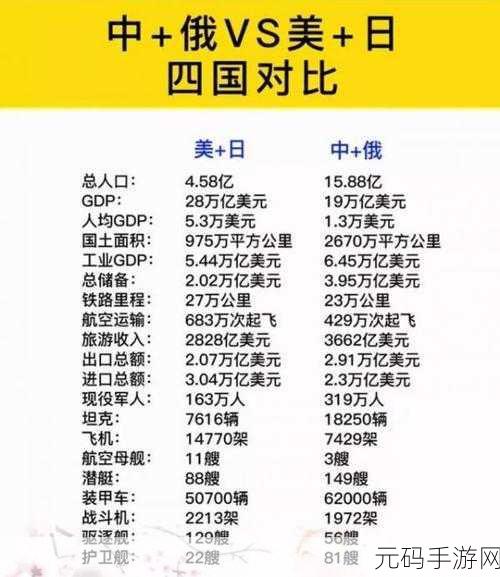美国、日本、俄罗斯被封打不开的现象分析
近年来,各国在网络安全和信息控制方面采取了越来越严格的措施,导致不少用户面临访问限制问题。尤其是针对特定地区或国家的网站与应用程序,这种情况尤为明显。在这样的背景下,美国、日本和俄罗斯等主要国家都出现了一些网站无法打开的情况,引发了广泛关注。
美国:社交媒体及内容平台受限
美国有着丰富多样的信息环境,但随着一些政治事件的发展,一些社交媒体平台开始受到监管。这使得部分信息流通可能会遭遇困难。例如,有关某些话题或群体讨论时,会发现相关页面提示“无法访问”或者“该内容已被删除”。这些现象不仅影响个人用户获取信息,也对企业宣传和品牌形象造成一定冲击。

此外,由于地理位置的不同,有时候即便是在国内,不同州之间也可能由于法律法规差异而出现各类网页不可用的问题。这种情况下,使用VPN成为了解决这一难题的一种常见方法。然而,通过VPN依然存在速度较慢以及不稳定的问题,让人十分头疼。
日本:文化产业与版权保护
日本以其独特的文化产业闻名,包括动漫、音乐及游戏等领域。但最近几年,为了防止侵权行为,日本政府加强了对互联网内容传播的管理。很多涉及到版权争议的网站或资源因此变得无法访问,非常让粉丝感到无奈。有时,即便是合法购买作品的平台,也因为区域限制,使得某些热门作品暂时不能观看,给消费者带来了困扰。
This situation has led to increasing frustrations among users who are unable to access their favorite content. Many have taken to social media platforms and forums, expressing dissatisfaction with these restrictions and seeking alternative methods to bypass them. However, such actions might lead to legal repercussions, further complicating the landscape for consumers.
俄罗斯:审查制度加剧网络屏蔽
The Russian government’s approach towards internet regulation is characterized by strict censorship mechanisms aimed at controlling information flow within its borders. Numerous websites associated with political dissent or foreign influence have been blocked entirely. Such measures range from restricting access during sensitive political events to permanently banning certain platforms that do not comply with local regulations.
This leads many Russians into a digital dilemma: the need for reliable sources of information versus compliance with state-imposed limitations. While some resort to using specialized software tools like VPNs or proxies, they often encounter problems related to connection speed and reliability due to ongoing crackdowns on these services as well.
跨国界限与技术解决方案
A significant challenge faced by users in all three countries stems from geographical restrictions placed on online content providers which can hinder free access based solely upon user location rather than individual choices made about what should be viewed or consumed online.
In response, technology solutions like Virtual Private Networks (VPN) emerged as popular alternatives allowing individuals greater freedom when browsing various sites without experiencing blocks imposed by regional laws governing web usage practices; however achieving consistent performance remains an ongoing struggle amidst shifting regulatory dynamics across different nations.



